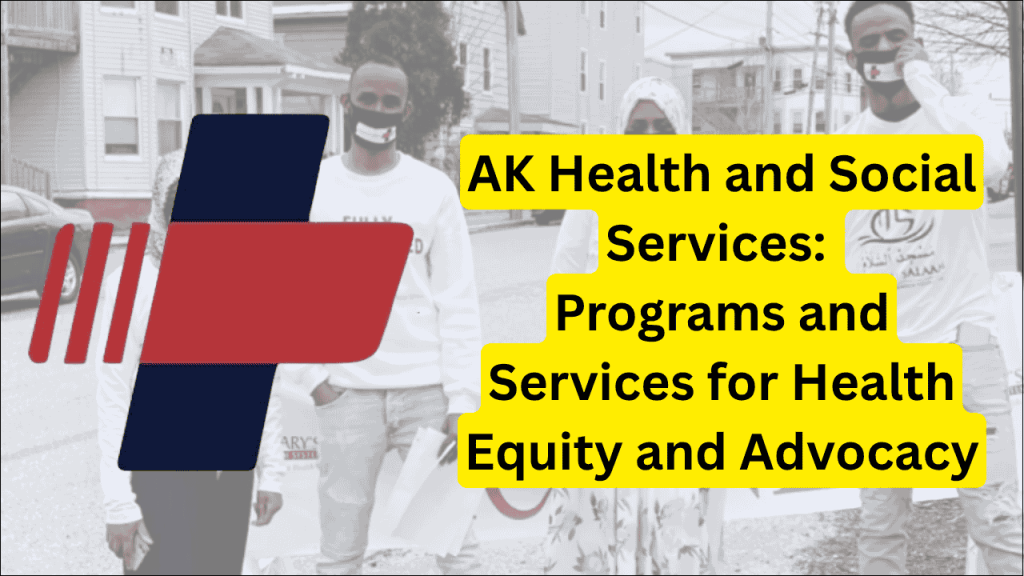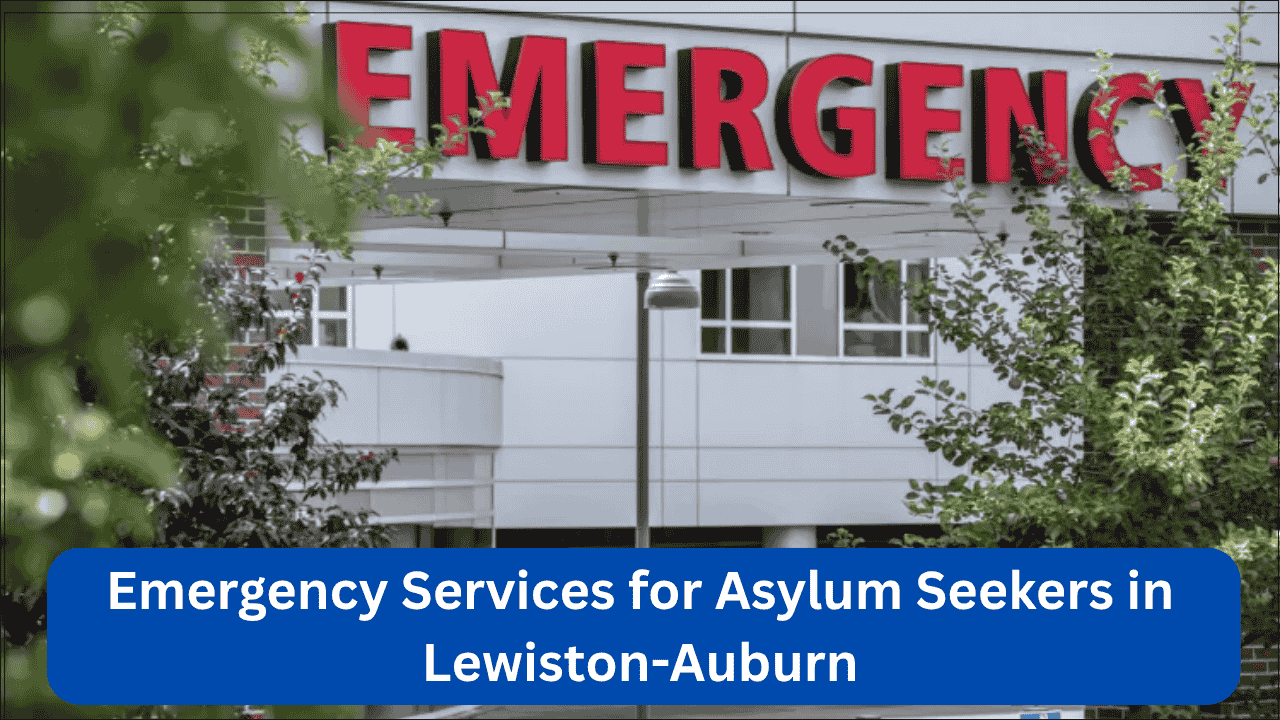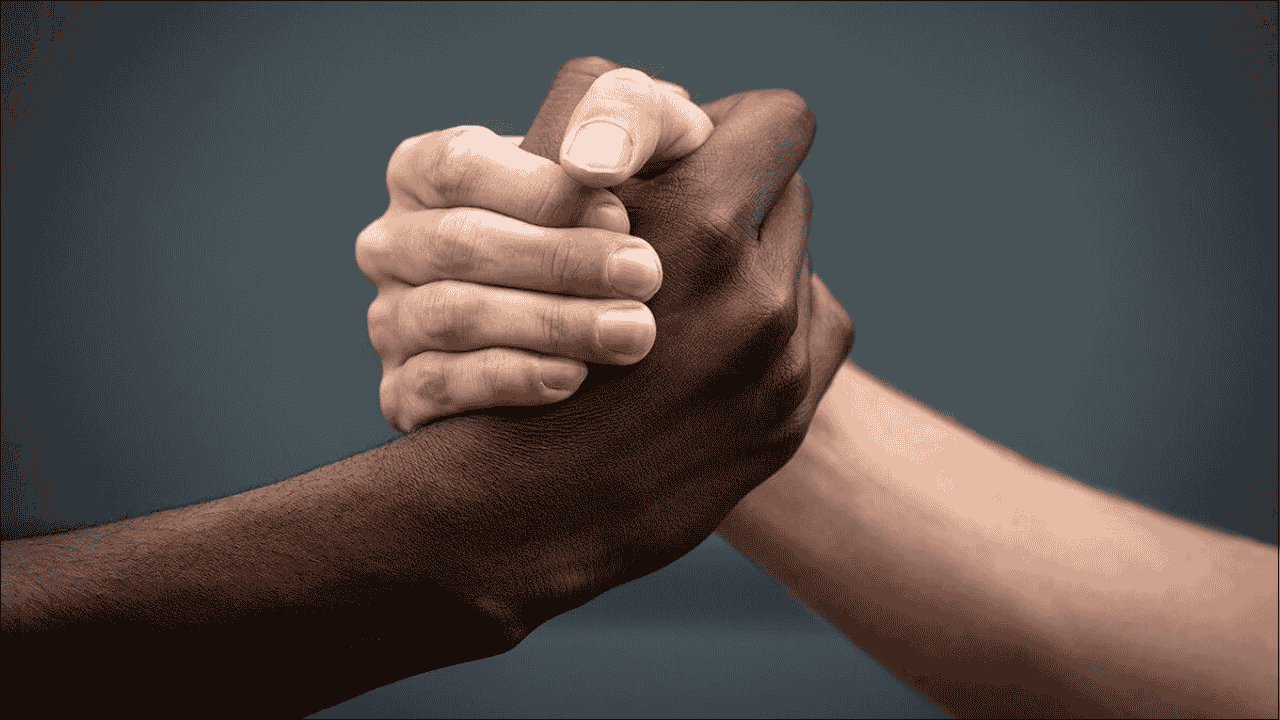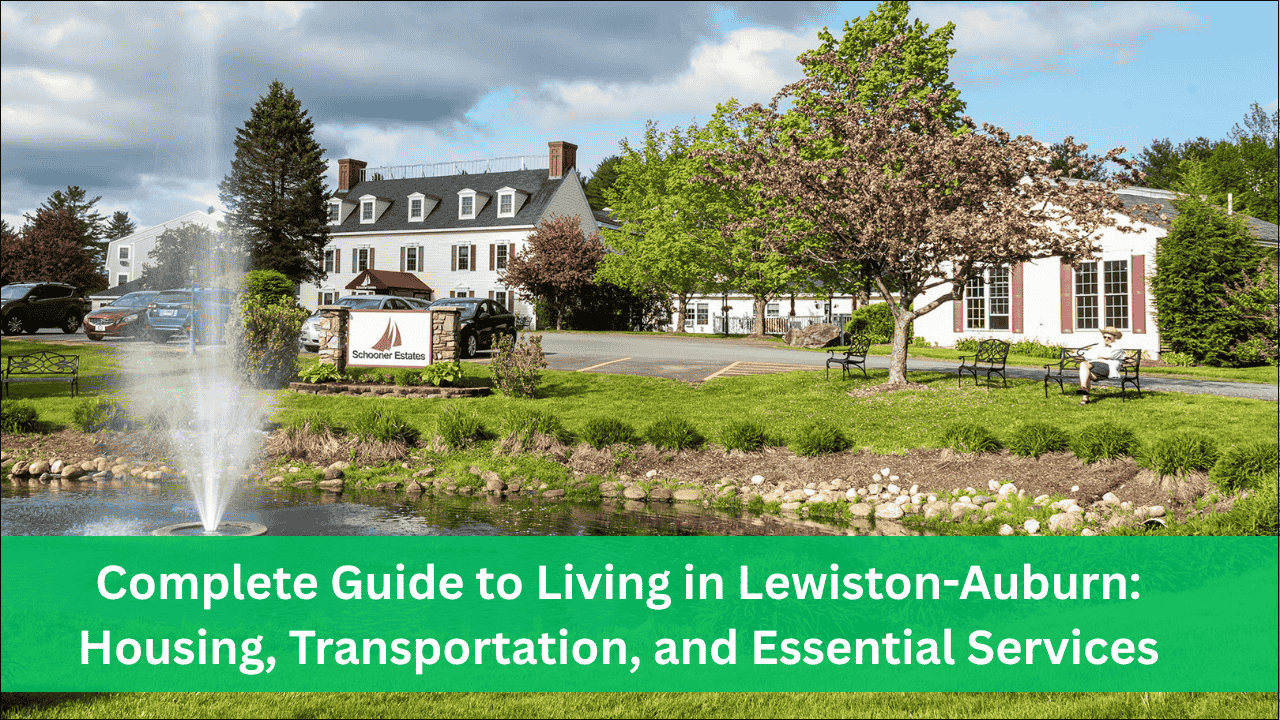
AK Health and Social Services works to support every individual’s well-being by offering essential programs focused on health care, social support, and public advocacy. Strong emphasis is placed on health equity, especially for vulnerable and underserved populations. Services are created to meet the needs of people in remote communities, low-income households, and Indigenous groups. A clear goal is to provide equal access to healthcare and build strong systems of social support for all residents.
Table of Contents
Health Programs
Public health services ensure that communities remain healthy through prevention and education.
- Immunization Clinics
Provide vaccines for children, adults, and seniors to prevent diseases. - Chronic Disease Management
Help people living with diabetes, heart disease, or asthma through regular care and education. - Mental Health Support
Offer therapy, counseling, crisis lines, and psychiatric services. - Infectious Disease Control
Monitor and respond to illnesses like tuberculosis, hepatitis, and HIV. - Maternal and Child Health Services
Support pregnant women with prenatal care, nutrition advice, and parenting classes.
Social Services
Community programs support the most vulnerable and promote family well-being.
- Child Protection Services
Ensure safety and support for children facing abuse or neglect. - Family Preservation Support
Help families stay together through counseling, home visits, and parenting resources. - Youth Services
Offer after-school programs, job training, and mentorship for teenagers. - Elder Care Programs
Provide in-home support, health checks, and social engagement for seniors. - Disability Support
Assist individuals with physical or mental disabilities through home help, education access, and job placements.
Health Equity Initiatives
Equity-focused programs aim to close the gap in access to health and social care.
- Indigenous Health Programs
Respect cultural values and provide community-driven health services. - Language and Translation Services
Help non-English speakers get access to health information in their own language. - Mobile Health Units
Reach remote areas with doctors, nurses, and basic health facilities. - Low-Income Support
Offer medical care, housing help, and food security for people below the poverty line. - Equity Policy Development
Design fair healthcare strategies based on research and local community feedback.
Advocacy Efforts
Advocacy work ensures public voices are heard in healthcare planning and policy-making.
- Community Listening Forums
Collect public opinions about health service needs and experiences. - Legislative Advocacy
Work with state lawmakers to pass fair health laws and funding measures. - Public Education Campaigns
Spread awareness on health rights, mental health, addiction, and prevention. - Partnership with Tribal Councils
Collaborate with Indigenous leaders to advocate for better health infrastructure. - Research and Data Use
Conduct studies on social determinants of health to support advocacy work.
Emergency and Crisis Response Services
Preparedness and response units help during natural disasters and public health emergencies.
- Disaster Relief Coordination
Distribute food, medicine, and shelter during floods, storms, and other crises. - Public Health Emergencies
Manage disease outbreaks and organize testing, isolation, and treatment plans. - Crisis Intervention Teams
Assist individuals facing mental health crises with emergency support and transport.
Workforce Development
Training and hiring programs prepare people for careers in healthcare and social services.
- Community Health Worker Training
Educate locals to become frontline health educators and service providers. - Internship and Fellowship Programs
Offer real-world training for students in public health, nursing, and social work. - Health Career Awareness in Schools
Introduce school children to jobs in healthcare through visits and mentoring.
Overview of Major Services and Target Groups
| Program/Service | Target Population | Key Features |
|---|---|---|
| Immunization Clinics | All age groups | Free vaccines, school-based shots |
| Chronic Disease Management | Adults with chronic illnesses | Disease tracking, medication help |
| Maternal & Child Health | Pregnant women and children | Prenatal visits, nutrition, home visits |
| Child Protection | At-risk children | Legal protection, family support |
| Mental Health Services | All age groups | Therapy, psychiatric help, crisis hotlines |
| Indigenous Health Outreach | Indigenous communities | Culturally sensitive care, tribal partnerships |
| Mobile Clinics | Remote populations | Vaccines, checkups, basic medicines |
| Disaster Response | Disaster-affected populations | Food, shelter, emergency treatment |
| Translation Services | Non-English speakers | Health forms and advice in multiple languages |
| Elder Services | Senior citizens | Home visits, social activities, daily support |
Equity and Advocacy Projects
| Initiative | Purpose | Community Impact |
|---|---|---|
| Equity-Based Policy Review | To remove bias in healthcare delivery | Fair treatment across all services |
| Health Rights Awareness | To inform people about available support | Empowered and informed citizens |
| Community Health Events | To reach out with education and free checkups | Better early detection and prevention |
| Legislation Campaigns | To change unfair laws or funding gaps | Increased healthcare budgets and access |
| Cultural Sensitivity Workshops | To train staff in inclusive care practices | Better communication with diverse populations |
Innovative Tools and Technology Use
Digital advancements improve access and service delivery across Alaska.
- Telehealth Services
Allow virtual doctor visits, especially for rural patients. - Electronic Medical Records
Ensure fast and safe sharing of health information. - Health Apps and Portals
Let users book appointments, view results, and manage medications online. - Outreach Through Social Media
Share health alerts, educational videos, and emergency news.
Partnerships and Community Involvement
Collaborations help deliver services through shared goals and resources.
- Nonprofit Organizations
Work together on food assistance, housing, and mental health. - Schools and Universities
Offer health screenings, counseling, and nutrition programs. - Faith-Based Organizations
Provide shelter and basic needs through church and temple networks. - Volunteer Groups
Support events, elder care, and emergency responses. - Local Businesses
Donate goods or sponsor public health campaigns.
Final Thoughts
AK Health and Social Services plays a vital role in creating a healthier and fairer society. Programs target real needs such as mental health, child safety, elder care, and chronic disease support. Advocacy and equity-focused policies ensure that every community, especially underserved groups, receives the care and dignity they deserve. Community engagement, innovation, and inclusive strategies remain at the heart of their mission.





